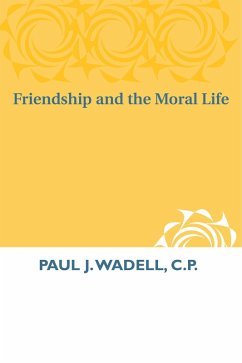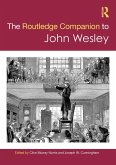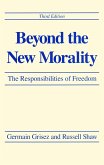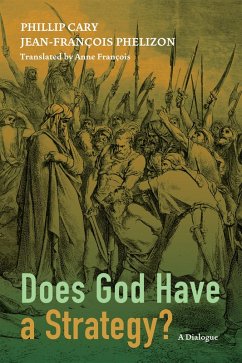Friendship and the Moral Life is not simply a theoretical argument about how moral theology might be done if it took friendship more seriously. Rather, the book exhibits how without friendship, our lives are morally not worth living. The book begins with a consideration of why a new model of the moral life is needed. Wadell then examines the ethics of Aristotle, who viewed the moral life as based on a specific understanding of the purpose of being human, with friendship being an important factor in enabling people to acquire virtues necessary for achieving this purpose. Through the thought of Augustine, Aelred of Reivaulx, and Karl Barth, the question is raised whether friendship is at odds with Christian love or whether their relation depends on one's narrative account of friendship. Thomas Aquinas' understanding of charity as friendship with God is examined to clarify this relationship.
By locating friendship within the story of God's redemption through Christ, Wadell helps us see why friendship properly understood is integral to the Christian life and not at odds with it. Such a friendship draws us to love all others who seek God and teaches us not to restrict our concern to a special few in preferential love. The book closes by investigating how friendship as a model for the moral life might work in everyday life.
By locating friendship within the story of God's redemption through Christ, Wadell helps us see why friendship properly understood is integral to the Christian life and not at odds with it. Such a friendship draws us to love all others who seek God and teaches us not to restrict our concern to a special few in preferential love. The book closes by investigating how friendship as a model for the moral life might work in everyday life.
Dieser Download kann aus rechtlichen Gründen nur mit Rechnungsadresse in A, D ausgeliefert werden.









